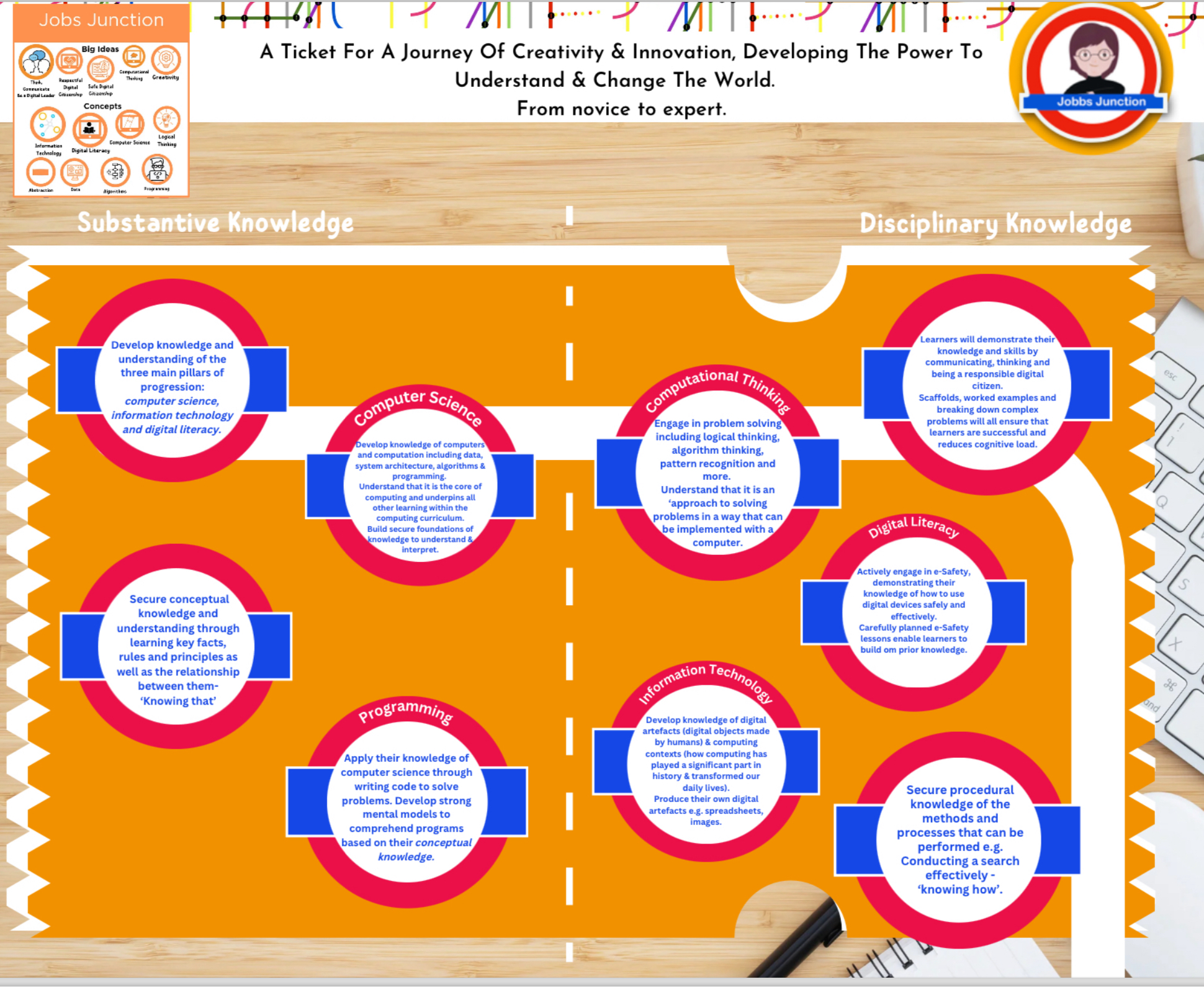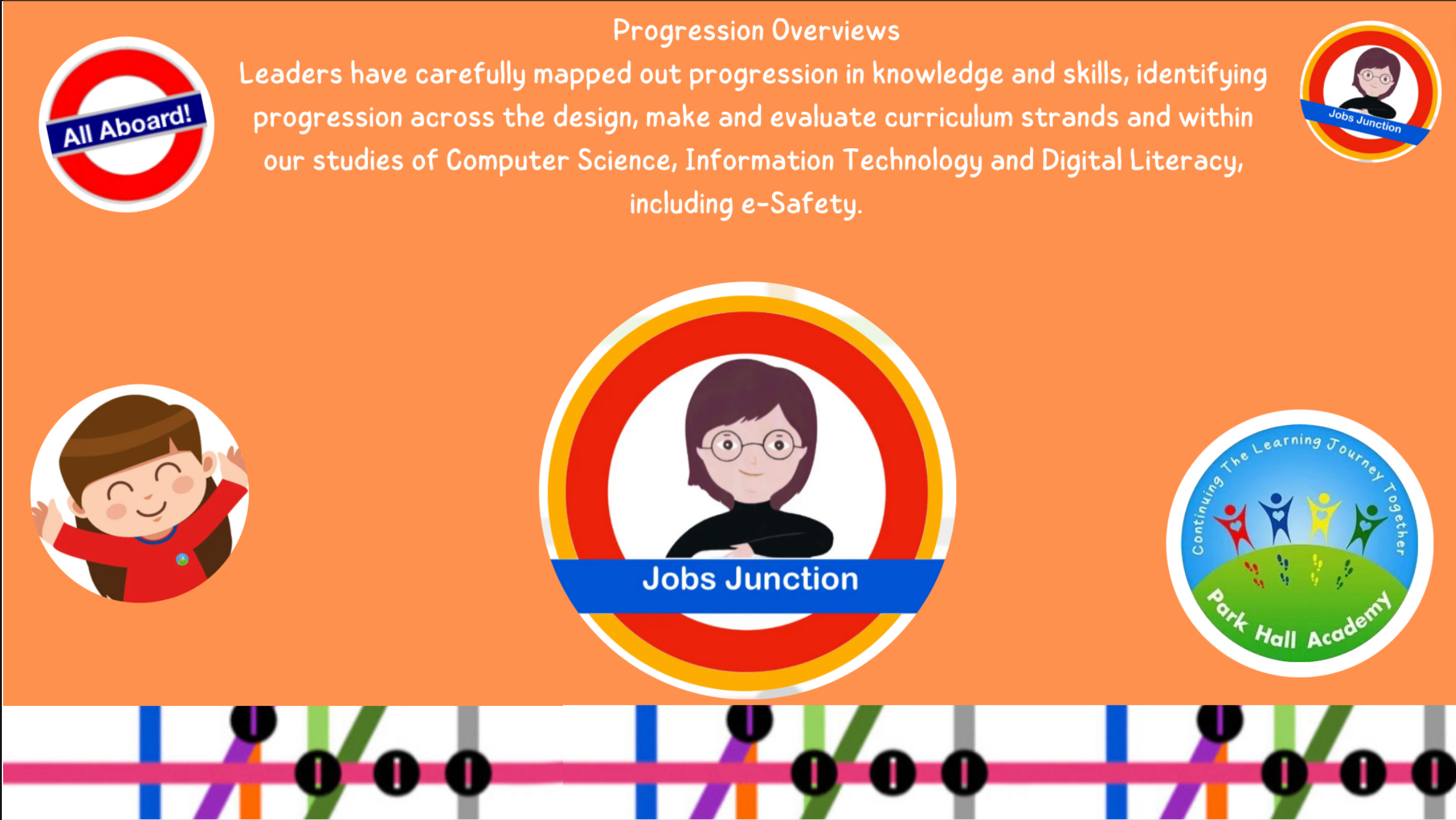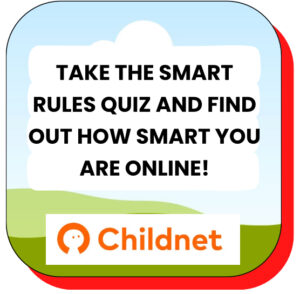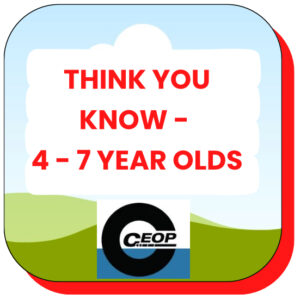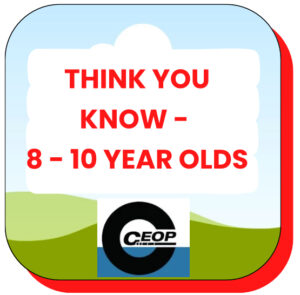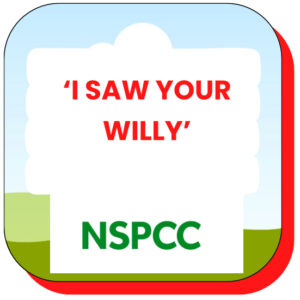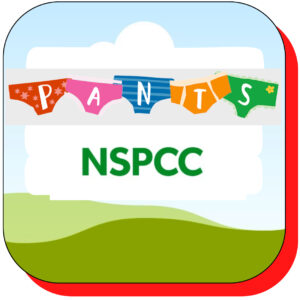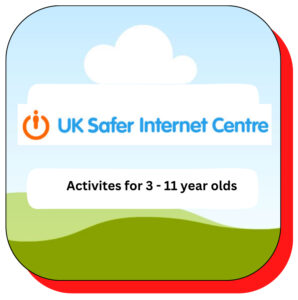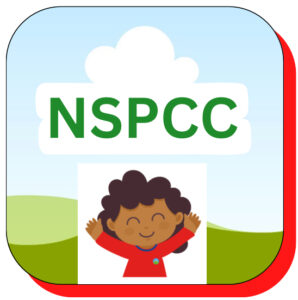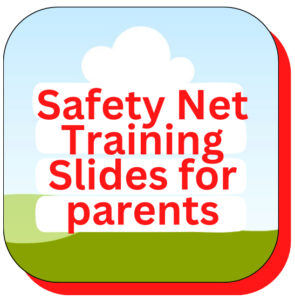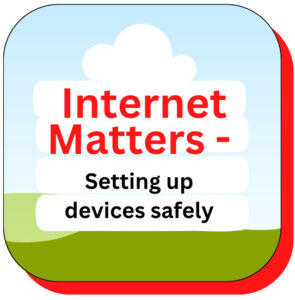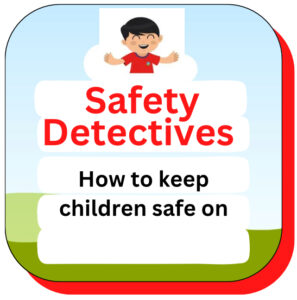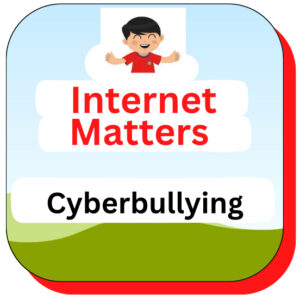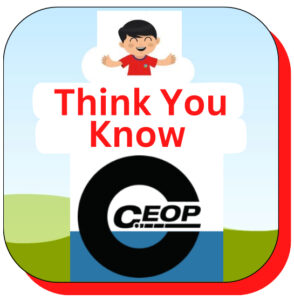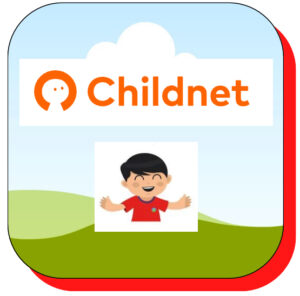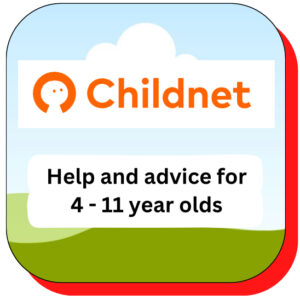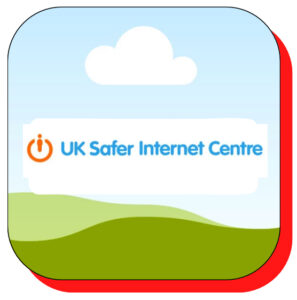E-safety encompasses the use of new technologies, internet and electronic communications. It highlights the need to educate pupils about the benefits and risks of using technology and develops an awareness in pupils that enables them to control their online experience
Intent:
“Children have the right to enjoy childhood online, to access safe online spaces, and to benefit from all the opportunities that a connected world can bring to them, appropriate to their age and stage” (UKCIS, 2020).
At Park Hall Academy we want our pupils to become digitally literate, critical, safe and responsible citizens to enable effective and enjoyable experiences in a digital world. We are fully committed to keeping all of our pupils safe and recognise that learning about online safety happens through a range of subjects and approaches.
We recognise that online safety education is a whole school matter and goes well beyond the computing curriculum alone, therefore, our teaching of objectives will come in many forms, for example, through discrete online safety, PSHE or RHE lessons, as well as other curriculum areas, pastoral interactions, home learning, assemblies and special events. With this approach, it is our intention that pupils will build resilience and develop safe and appropriate behaviours online, which in turn will lead to positive online experiences.
Games and Information for pupils
Information and guides to look at together – parent/ carer & child (at parent’s discretion)
Information and guides for parents/ carers.
Follow the ‘SMART RULES’ to stay safe when online!
Safe
Keep safe by being careful not to give out personal information when you’re chatting or posting online. Personal information includes your email address, phone number and password.
Meet
Meeting someone you have only been in touch with online can be dangerous. Only do so with your parents’ or carers’ permission and even then only when they can be present. Remember online friends are still strangers even if you have been talking to them for a long time.
Accepting
Accepting emails, messages, or opening files, images or texts from people you don’t know or trust can lead to problems — they may contain viruses or nasty messages!
Reliable
Someone online might lie about who they are and information on the intemet may not be true. Always check information.
Tell
Tell a parent, carer or a trusted adult if someone, or something, makes you feel uncomfortable or worried, or if you or someone you know is being bullied online.
What are the key online risks?
Parents and carers play a key role in supporting children to learn about how to stay safe online, and they are one of the first people children turn to if things go wrong so what are the things to be aware of?
Contact
Children can be contacted by bullies or people who groom or seek to abuse them
Content
Age-inappropriate or unreliable contact can be available to children
Conduct
Children may be at risk because of their own behaviour, for example, by sharing too much information
Commercialism
Young people can be unaware of hidden costs and advertising in apps, games and websites
What are the risks for our children?
Cyberbullying
Cyberbullying is bullying that takes place using electronic technology. Electronic technology includes devices and equipment such as mobile phones, computers, and tablets as well as communication tools including social media sites, text messages, chat and websites
Grooming
Child grooming comprises actions deliberately undertaken with the aim of befriending and establishing an emotional connection with a child, to lower the child’s inhibitions in order to abuse the child. It is a process, not one-off event as groomers pretend to be someone they are not; they aim to build a special 1:1 relationship without adult supervision.
What are the common tactics and things to look our for?
- Child starts mentioning a special friend
- Child seems to have money from nowhere
- Spending more time on the internet than normal
- Not talking to you as much
- Start telling lies about where they are or who they are with
Losing control of content
Before you post that funny picture of your friend, or make that joke about someone on Twitter, ask yourself do you want everyone to see it; friends, family, grandparents, future employers? Would you be happy for others to post that type of content about you? You should be proud of everything you post online, remember once it is online it could potentially be there forever! (See NSPCC videos together with parents above)
Inappropriate Websites
It’s easy for children to stumble across inappropriate material when browsing the internet, as parents or carers take the time to check the safety settings on each device. It’s usually quite simple to turn on the filters that prevent access to these sites. This is why is it essential for parents/ carers to be monitoring their child’s internet usage, begin conversations and be informed about what to do if something does happen which concerns you or your child.

